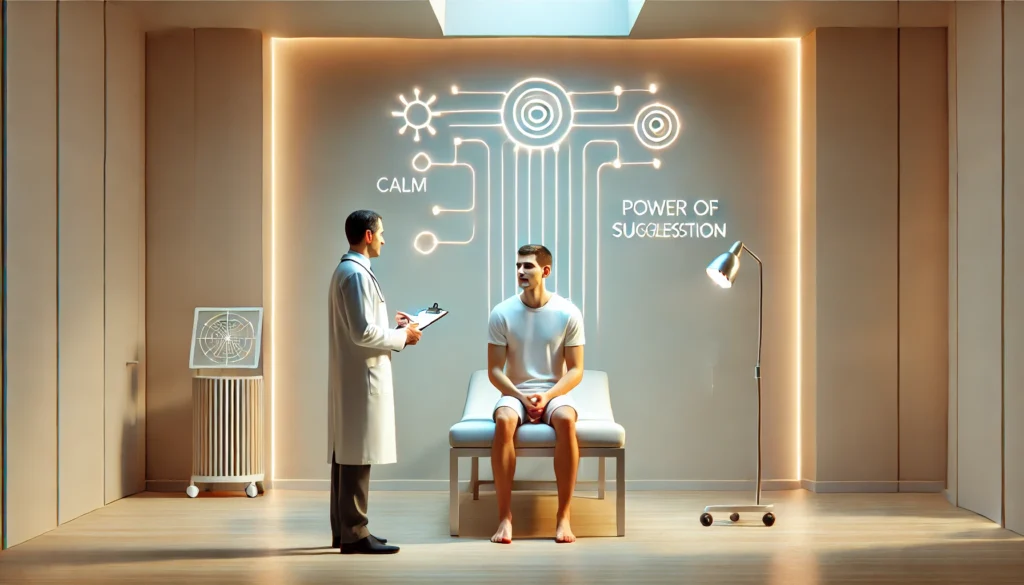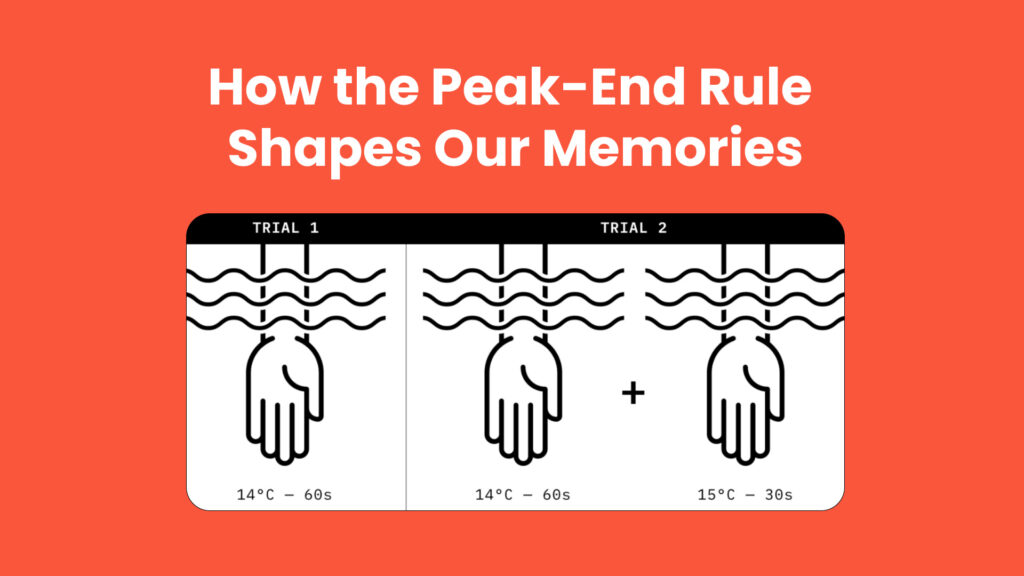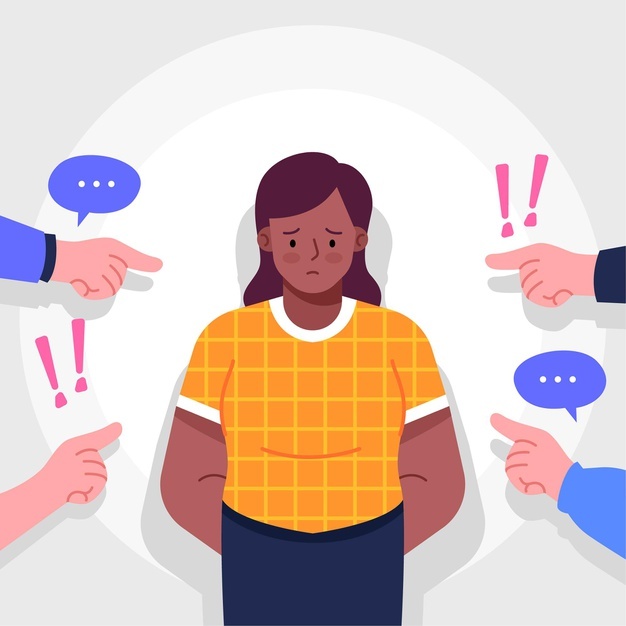The Power of Suggestion: Unveiling the Potential of Placebo Effects in Medical Treatments

At BetterSpace, we are always on the lookout for insightful research that can enhance our understanding and approach to mental health and well-being. Recently, while exploring various studies online, we stumbled upon some fascinating research conducted by McGill University on Placebo and Power of Suggestion. Led by Dr. Samuel Veissière and Jay Olson, MSc, from the Department of Psychiatry, these studies reveal how belief and positive expectations can activate the body’s self-healing mechanisms, offering renewed hope for patients with various neurological and psychological conditions.
The Core Study
One particularly intriguing study, featured in Season 2 of the popular science series “Mind Field,” utilized a non-functional MRI machine, affectionately known as the “placebo machine,” to treat children with ADHD, anxiety, and other neurological disorders. Children and their parents were informed that the machine and accompanying equipment would help the brain heal itself through the power of suggestion.
Key Findings in Children
- ADHD and Anxiety: Many children showed significant symptom improvements. Parents reported reduced hyperactivity and anxiety levels, leading to better school performance and social interactions.
- Dermatillomania: A girl with compulsive skin picking significantly reduced her behavior after a few sessions, maintaining these improvements a year later. Her mother noted increased confidence and happiness.
- Parental Feedback: Approximately 90% of parents observed positive changes in their children’s symptoms, including reduced anxiety, decreased fidgeting, and improved sleep.
Key Findings in Adults
- Pain Management: Adults with chronic pain who received placebo treatments accompanied by strong verbal suggestions reported a substantial decrease in pain levels.
- Post-Surgical Recovery: Patients undergoing minor surgeries who were given placebo pills and positive verbal suggestions showed faster recovery times and fewer complications compared to those who did not receive the same level of suggestion.
Mechanisms Behind the Placebo Effect
While the exact mechanisms of the placebo effect remain complex and not fully understood, several contributing factors have been identified:
- Positive Expectations: The belief that the treatment would be beneficial played a crucial role in symptom alleviation. The context of receiving treatment in a medical setting further enhanced these effects.
- Complexity of Placebos: More elaborate placebo setups, such as using sophisticated medical equipment and environments, tend to be more effective.
- Color and Context: The effectiveness of placebos can also be influenced by their color and the context in which they are administered. For example, blue pills tend to have a calming effect, while the involvement of a medical professional can enhance the placebo effect compared to a non-professional setting.
Evolutionary Perspective
An evolutionary explanation for the placebo effect suggests that negative symptoms, such as pain and crying in children, serve as signals for help. Once help arrives, the brain may feel permitted to redirect resources from seeking help to actual healing. This mechanism is thought to be harnessed by modern medicine through placebo treatments.
Broader Applications
The implications of this research extend far beyond the initial study, suggesting broader applications of placebo effects in various medical and psychological contexts:
- Safe and Cost-effective: Placebo-based treatments are inherently safe and inexpensive, making them accessible for a wide range of medical applications.
- Psychological and Social Factors: Incorporating psychological and social factors, such as verbal suggestions and positive expectations, can significantly improve medical treatment outcomes. For instance, giving positive suggestions before surgery can speed up recovery and reduce complications.
Future Directions and Impact
Jay Olson and his colleagues continue to explore the potential applications of placebo effects in various fields:
- Workshops and Education: Olson has conducted workshops to educate medical students about the placebo effect and how to mitigate the nocebo effect, where negative expectations lead to worse outcomes.
- Circadian Rhythms and Night Shifts: Olson’s research on circadian rhythms has shown that well-timed bright light exposure can reduce fatigue and improve alertness in night-shift nurses, further highlighting the broader impact of psychological and environmental factors on health.
Conclusion
The research conducted at McGill University underscores the remarkable power of the human mind in the healing process. By leveraging the placebo effect and the power of suggestion, medical practitioners can enhance treatment outcomes, offering new hope for patients with a variety of conditions. This innovative approach opens up new avenues for safe, cost-effective, and psychologically enriched medical treatments, emphasizing the crucial role of belief and positive expectations in health and healing.
At BetterSpace, we are inspired by these findings and committed to incorporating these insights into our holistic approach to mental health and well-being. To learn more about our services and how we can support your mental health journey, visit BetterSpace.













2bexs8